Growing an edible garden is a great way to live a little lighter on this Earth by growing our own food instead of buying packaged products with the bonus of adding nutrient dense food to your diet.
Gardening also gives us a great insight into our natural world and a genuine appreciation for the environment in which we live.
We come to observe habitats, native wildlife, climate, seasons, and understand the importance of living in harmony with our planet. Following are seven ways to adapt our gardening habits to be more sustainable on our patch of Earth.
1. Composting
Creating compost from food waste is beneficial to our planet in two ways - we reduce the amount of waste going to landfill where it emits harmful greenhouse gases, and produce a useful garden input at the same time.

Worm farming or vermiculture produces wonderful compost
2. Save seeds, propagate and share
Reduce your reliance on virgin single use plastic by not buying new all the time. Saving seeds, propagating and sharing plants are all easy ways to save money and reduce our impact on the environment.

3. Choose more sustainable materials
Choose garden equipment made from more sustainable materials than plastic. Plastic is not durable in Australian summers and soon turns brittle before breaking down into microplastics which are harmful in the soil.
Look for coir pots or wood pulp punnets which are fully compostable over time. They can also be really useful for transplanting delicate seedlings with minimal root disturbance. Garden tools made from metal and wood are long lasting and will return to the soil at the end of their useful life. Hessian and jute sacks, nettingand twine are all compostable at the end of their useful life.
Wooden seedling flats are an excellent sustainable alternative to plastic seedling trays. Metal watering cans are a long lasting and eco friendly alternative to plastic watering cans. Brass tap fittings offer two benefits - they are more durable than plastic hose fittings and are also fire safe in case of emergency.

4. Reuse household containers
Sometimes we simply cannot avoid buying items in plastic. Reuse plastic containers such as ice cream tubs or yoghurt pots around the garden. Plastic bottles can be cut down and used to protect young plants from pests such as snails and rabbits.

5. Make your own newspaper pots

Newspaper pots are easy to make and offer a sustainable alternative to plastic nursery pots. Refer to our newspaper pot instructions for the simple steps to make them.
Seedlings can be planted into the garden in their newspaper pot, adding carbon to the soil and avoiding root disturbance.
6. Make your own garden tonics and compost teas

Powdered kelp is a useful addition to homemade compost teas
Making your own compost teas and garden tonics reduces the requirement to purchase commercial liquids in plastic containers.
You can purchase a range of effective ingredients for homemade garden additives such as powdered kelp in bulk, without any plastic packaging. When an off the shelf garden fertiliseror other additive is required, look for concentrated products so that the amount of plastic packaging is reduced.

7. Recycle soft plastics
Large plastic bags such as potting mix or compost bags can be recycled through Redcycle. The bags need to be as clean as possible and cut into pieces no larger than A3 size before they are dropped off in a Redcycle bin at any Coles or Woolworths store.
How do you garden in a more sustainable way?
We would love to hear your tips and ideas.

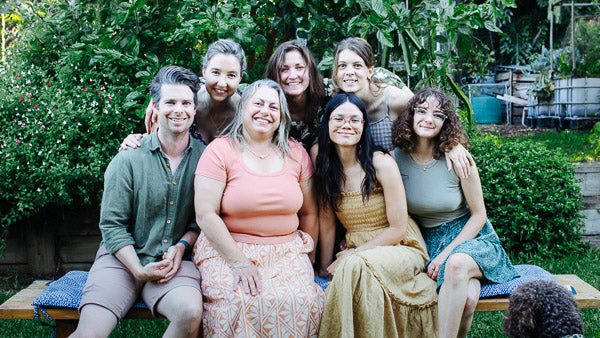
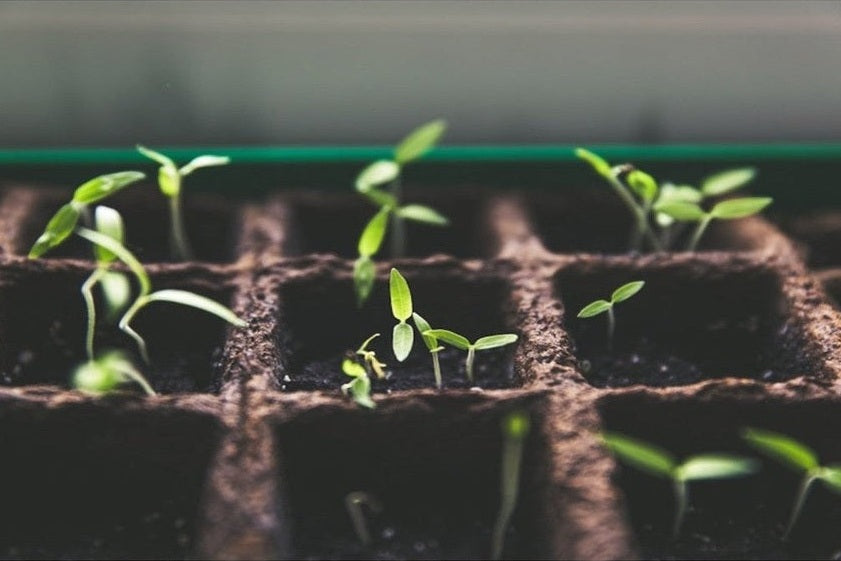
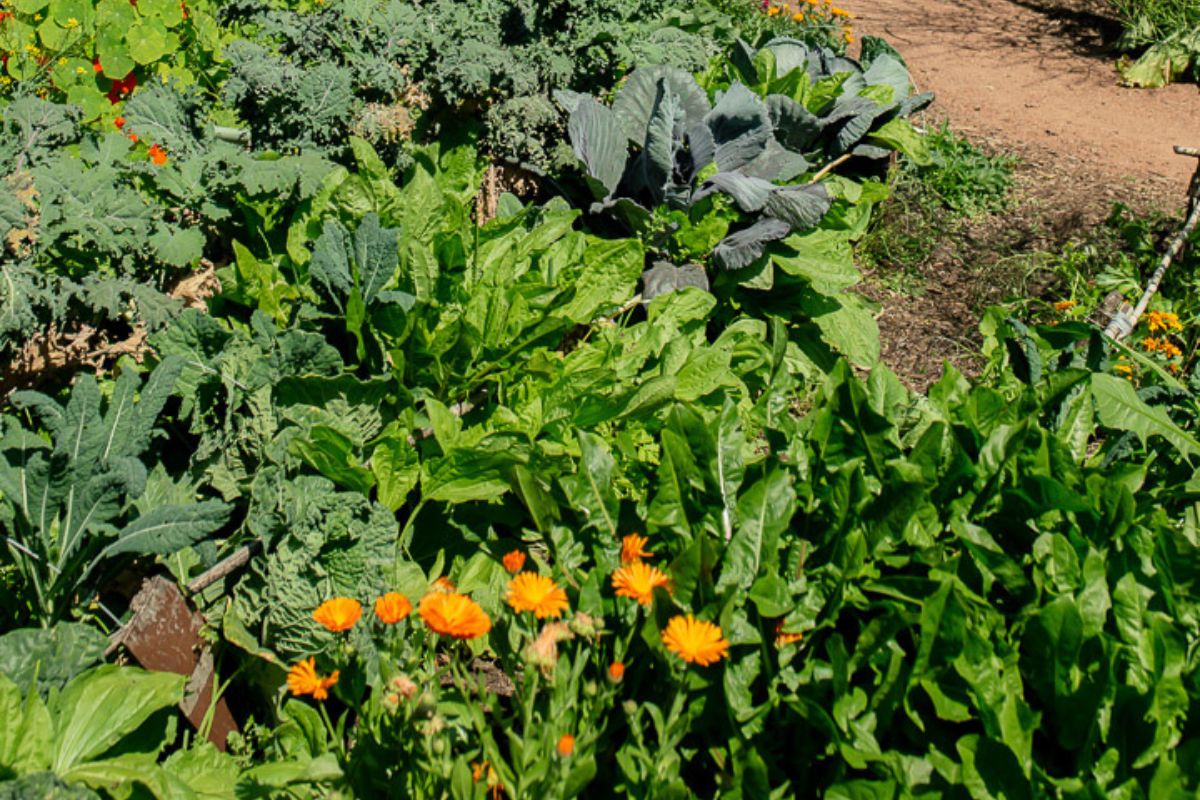
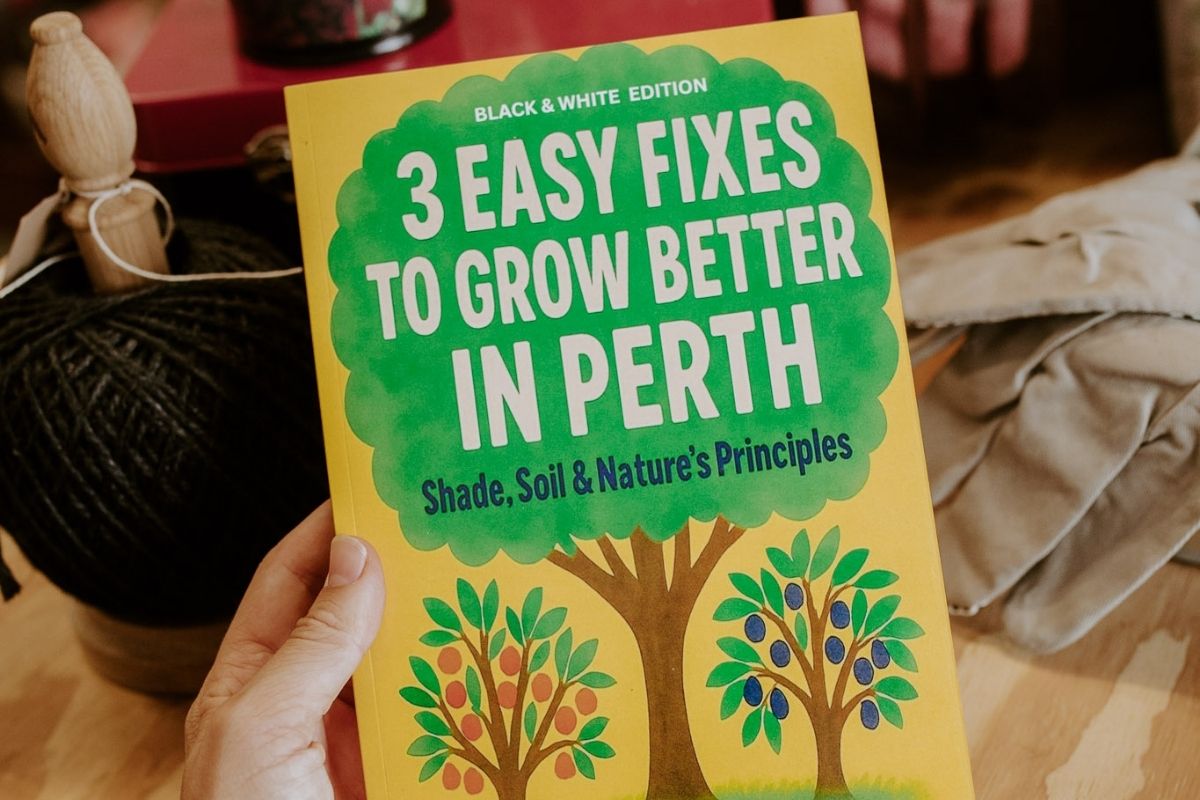
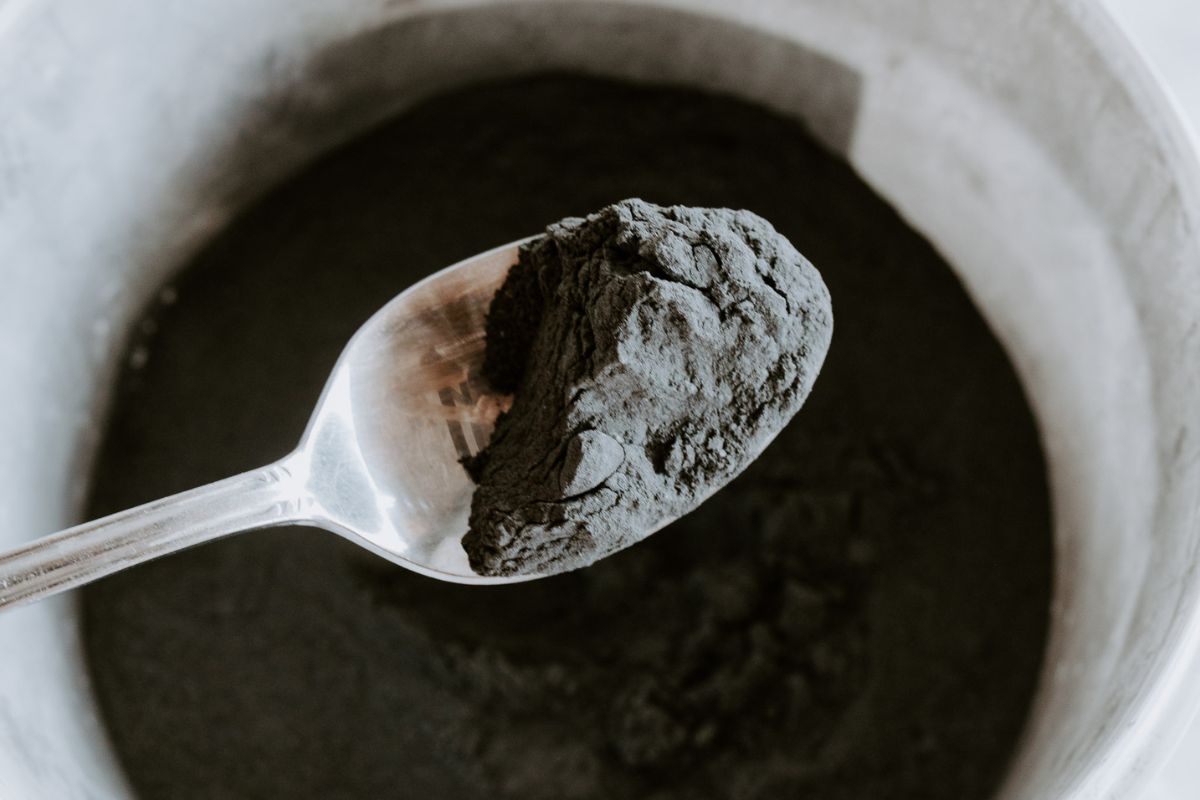
Than
September 13, 2025
Do I need to wait for 24 hours to use bore water to make up Compost Tea?
Thank you in advance,